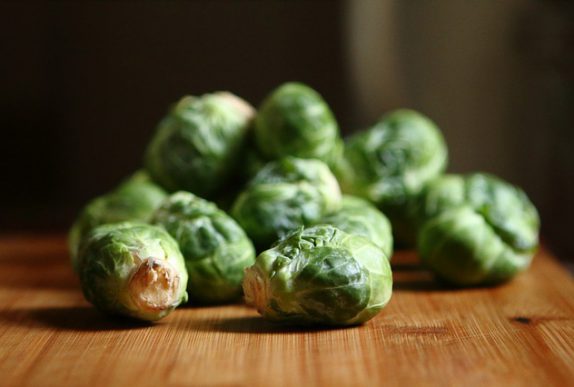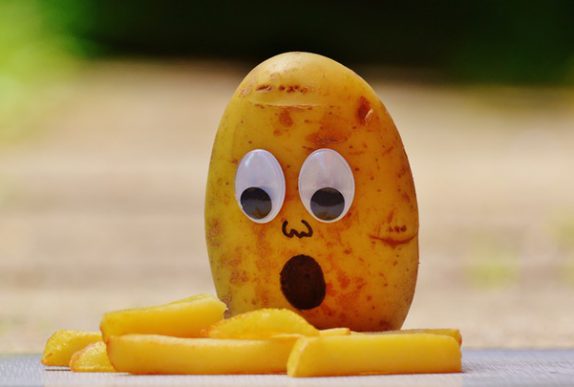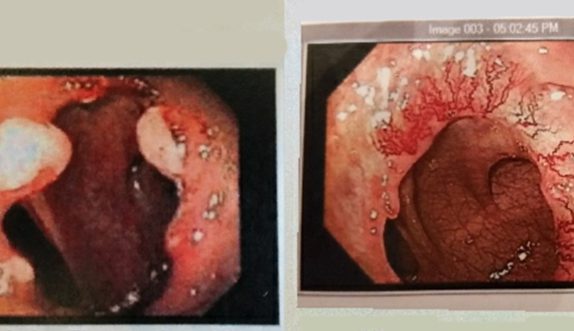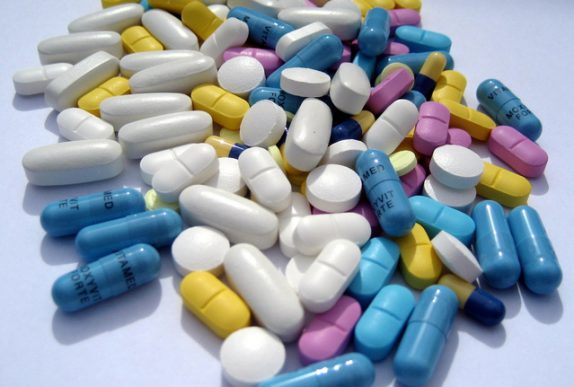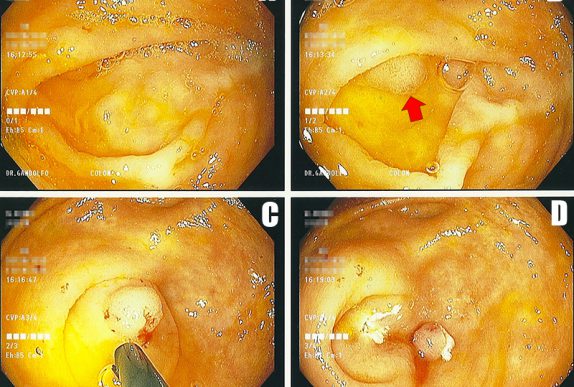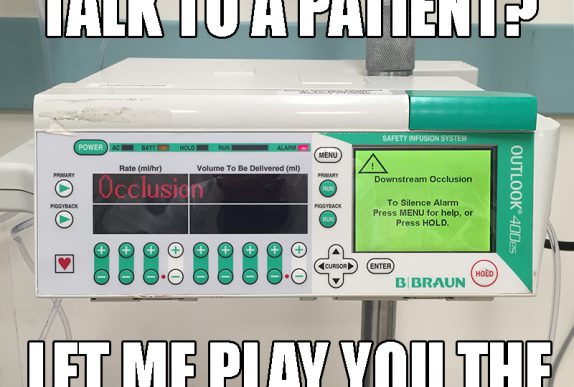The offending food was loosely related to poison ivy, and I was eating large quantities of it for the few days before the itching started as we just bought a big container of these delicious little things…can you guess what I’m referring to?
Gas, bloating, belching- YIKES! Although these are normal parts of our digestion and bodily processes, too much can be uncomfortable and embarrassing! Read along as Clinical Dietician Nutritionist Stefani Pappas shares some tips on eliminating gas and bloating through diet.
So how do we prevent our colon from acting like a cesspool? Keep things moving by eating plenty of non-gaseous fiber, drinking lots of water, getting regular exercise, and pooping regularly. But what if you're doing all of those things and still suffering from constipation and foul gas?
What is the point of treating one member of the family for H. pylori if he or she is just going to get reinfected by other people living in the house that also have the infection? Just how contagious is H. pylori?
Treatment for GERD may include medications, but there are some diet and lifestyle changes that can help alleviate symptoms. This doesn’t mean that you have to eliminate all of your favorite foods! Take a look at the tips below and pick a few of the items to make small modifications to your typical routine.
The American Institute for Cancer Research has estimated that about 45% of colorectal cancer cases could be prevented through a healthy diet, physical activity, and maintaining a healthy weight! This provides tremendous incentive for us to take control of our lifestyle habits and make a positive change.
Most of these probiotic-rich foods are easy to find and add to your diet. Start by picking one or two of these foods to incorporate as a snack or part of a meal.
Over two years ago, I had a colon resection for the removal of a cancerous tumor (stage 2A). Ever since, I have had on and off bleeding in my stool. My surgeon has done two sigmoidoscopies and my gastro doctor has done two colonoscopies.
When someone has a real disease and tells me they're not a pill person, I can't help but wonder what exactly does that mean? Someone with dangerously high blood pressure, who is not a pill person will soon become a stroke person.
In keeping with the theme of women being smarter than men, the authors found no association between the happiness of the marriage or the degree of support from their husbands for women who chose to get a colonoscopy. Basically, women are just better at taking care of themselves independently without the need for their husbands approval, input, or coercion.
If you notice, the basic idea here is pretty simple. According to the guidelines, there are really only a few options for follow-up intervals for colonoscopy: 10 years (negative exam), 5 years (low risk polyps), and 3 years (high risk polyps). Less than 3 years is only recommended in the truly unusual case of a large polyp burden or invasive cancer in a polyp. And that's it.
I thought it would be a good time to show a real-life example of colorectal cancer prevention in action. Let's pretend that you are a friendly neighborhood gastroenterologist, just minding your own business and doing a screening colonoscopy on a patient.
It is sometimes an awkward conversation to have, but the truth is that at a certain age, we eventually stop checking people for things that may cause them future harm.
Here in Long Island, NY where I practice, it seems to be the norm to have a precolonoscopy visit. This visit serves several important purposes in my mind: I can meet the patient, take a history, and make sure they actually need a screening colonoscopy. I can answer all of the above questions in more detail than the primary doctor can. I also get to give them my basic talk about the purpose of a colonoscopy, how and why we remove polyps, the importance of good bowel prep and how to do it, and the small associated risks of a colonoscopy. We can talk about what to do with medications, and where to arrive on the day of the test, and parking, and all those seemingly small details that can make a patient stressed-out about the test for no good reason.
In every hospital I have ever worked in, from medical school to present day, there is a noise pollution problem of epic proportions. Every medical device seems to emit at least three different types of beeps, each of them being more loud and annoying than the next.

